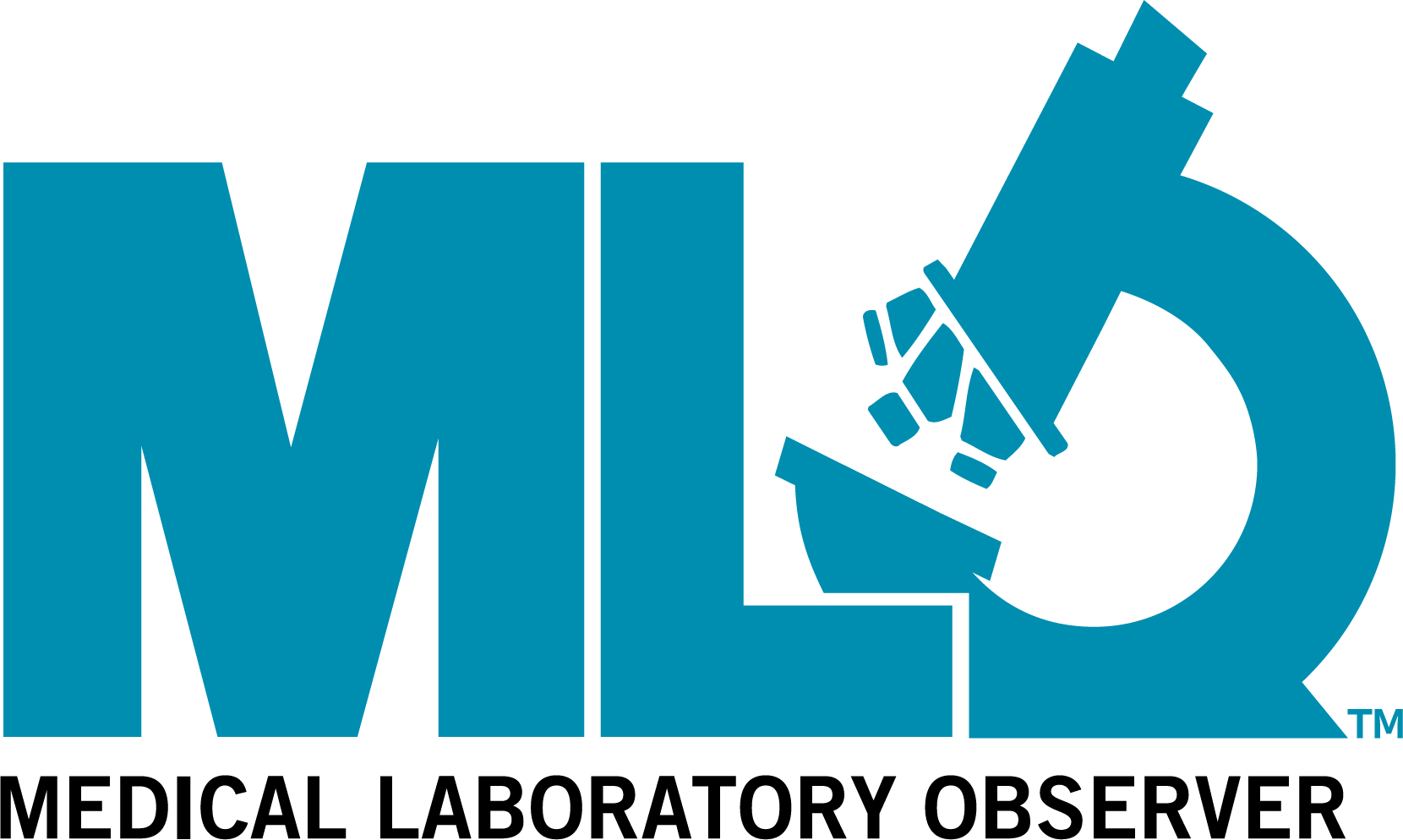February 18, 2020
Backed by EU funds, Israeli researcher tackles treatment-resistant cancer

Original source here
A bold approach to precision medicine aims to undermine cancer’s defence mechanisms
Despite continued advances in cancer treatment, rates of resistance and recurrence remain stubbornly high. In the EU alone, 1.4 million people died from cancer in 2019, according to the Annals of Oncology. The cost of treatment continues to rise as well: From 1995 to 2014, health expenditure on cancer in the EU spiked from €35.7 billion annually to €83.2 billion, according to a study published in the European Journal of Cancer.
But an Israeli research project, backed by the EU’s Horizon 2020 programme and its previous iteration, FP7, is showing promising results in addressing and overcoming the particular challenges of treatment for cancer resistance and recurrence.
Yuval Shaked, a professor at Israel’s Technion Institute of Technology, has discovered that certain cancer treatments, such as chemotherapies and immunotherapies, can actually strengthen cancer’s resistance to treatment over the long-term, essentially hijacking the body’s own defences to protect the disease. Shaked has also shown that this process leaves a distinct biological signature behind.
Backed by two European Research Council (ERC) grants and an ERC proof of concept grant, Shaked and his team are developing novel methods and tests to screen for treatment-resistant tumours and determine the ideal course of care for each individual patient to help them beat this stubborn disease.
Tumors hijack the body’s immune response
“Many cancers are caught at a stage when they might respond well to treatment,” says Shaked, “but what ultimately makes them deadly is that an individual’s cancer develops resistance to treatment over time.”
Shaked compares cancer’s response to treatment to how the human body repairs wounds. “When you get a scratch, your body immediately works to generate new tissue repairing the damage,” he notes. Unfortunately, cancer can actually act in much the same way – regenerating when faced with stress, such as chemotherapy or any other treatment, which causes damage to the cancer tissue. In other words, cancer can heal itself much like the human body does – with the body’s help.
“We identify the processes by which the body tries to protect the tumour. This helps us predict whether the patient will benefit from such a treatment or not,” says Shaked. “The ultimate goal is to know the mechanisms by which the tumour hijacks the body’s biological defence mechanisms following treatment, so we can find ways to undermine the process.”
Identifying the telltale signs of resistance
This is the ambition animating OncoHost, the company Shaked co-founded to bring his insights from the laboratory to patients themselves. The result is a sophisticated technology consisting of a blood test able to characterise, analyse, and anticipate a patient’s response to treatment. Such insights could enable powerful personalised treatment strategies with reduced side effects and improved outcomes for cancer patients throughout the EU, and around the world.
Backed by his first ERC grant nearly 10 years ago, Shaked proved this idea in the lab. Now, well into his second ERC grant, along with a proof of concept ERC grant for these initial findings, Shaked and OncoHost are conducting a clinical study with five hospitals in Israel and negotiating additional sites in Europe, including Italy and Germany. The entire study is scheduled to be completed in roughly 18 months, with a product ready to start help healing patients in as little as two years.
OncoHost says its technology has already garnered strong interest from the European Institutes of Oncology and it has received cooperation from additional European medical institutions. Trials are starting with lung cancer and melanoma, but there are plans to expand to head and neck, as well as breast cancer, and numerous other types of the disease in the future.
Horizon 2020 fueling EU progress
Shaked is just one of the 1,400 Israeli researchers sharing their knowledge and skills with the EU as part of the Horizon 2020 programme. “The ERC system – both H2020 and its predecessor FP7 – is fundamental for research in Europe,” he says. “It has improved the way governments support research and helps bring strong ideas to market faster.”
Without that grant funding, Shaked believes much creative thinking and solutions for curing cancer would not be able to make it off the ground or to European patients. “These grants are not just important for principal investigators who get the money to do the research, but also [for] the broader public who benefits when these ideas are brought to the world,” he explains.
Shaked’s research is complemented by numerous other Israeli ERC recipients, such as pioneering efforts to map all the cell’s proteins, as well as to produce and activate synthetic proteins which can kill cancer cells. Signaling the EU’s commitment to new advances in the fight against cancer, Commission president Ursula von der Layen recently announced the launch of the EU’s Beating Cancer Plan, with research and innovation constituting a core component of the plan. These projects are born out of the belief that the best responses to global challenges are global solutions, such as those enabled by Horizon 2020 funding opportunities and frontline Israeli research.




